
Two thoughts on business success
“Stories are beliefs made manifest.”
“What you do is who you are.”
Share your true, unique Promise.
Then make sure you Keep it.
Otherwise you’re a liar.

“Stories are beliefs made manifest.”
“What you do is who you are.”
Share your true, unique Promise.
Then make sure you Keep it.
Otherwise you’re a liar.
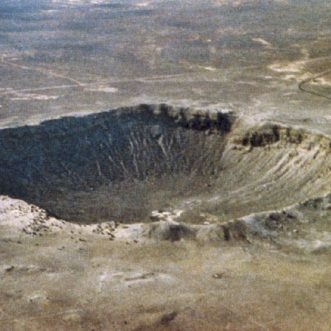
Of course your business doesn’t just impact the people immediately involved in it.
It also impacts Earth, therefore other inhabitants too. Possibly in ways you can’t currently see.
You may not be responsible for the entirety of the impact, but perhaps you contribute.
Just as, by outsourcing my accounting to an accountant, I don’t employ someone directly, but contribute to the employment of the people who work for my accountant, so, by using a laptop and mobile for my work, I contribute to the pollution and oppression created by a lithium mine.
The point is to be aware. Then to ramp up the positives and minimise the negatives.
That might mean changing how you do business, or even what you do, to play your part in creating a safe and just space for humanity here on our planet:

One thing’s for certain, you won’t be short of work.
Discipline makes Daring possible.
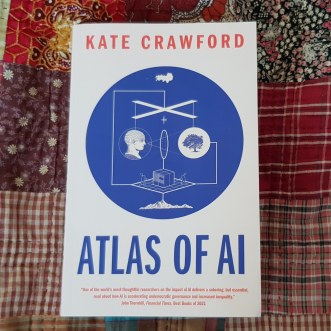
An atlas helps you to see further than your immediate surroundings.
It puts you in context.
Actually, it puts you into multiple contexts, showing you how the small space you currently occupy is connected to others, by geography, geology, ecology and of course politics.
We tend to think of AI as something disembodied and impersonal. In reality, it’s very far from either.
This book puts AI into multiple contexts that get beyond and behind the current hypes.
So you can see further.
‘Atlas of AI’ by Kate Jackson
Well worth a read.
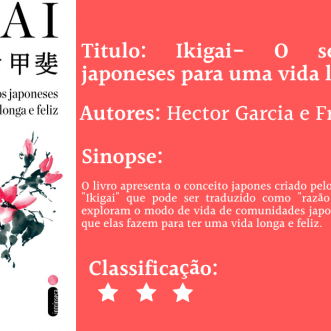
The idea of ikigai is a practical tool for helping yourself to fit in with the world as it is:

Eugenio Hansen, OFS, CC BY-SA 4.0 <https://creativecommons.org/licenses/by-sa/4.0>,
What if the diagram looked like this instead:

Finding happiness would be much easier, if we didn’t have to work for a living.
Maybe what the world really needs is a change of system.
Discipline makes Daring possible.

Yesterday I learned two things from the same street in Soho.
The first was that when you try and force yourself into the box that society/the system has made for you, you may very well die.
The second was that when you design your own box, then connect it with those of other like-hearted people, you become a node, enabling yourself and everyone around you to be so much more than society/the system expects.
It might just be me, but it feels like the nodes are winning, in spite of everything the system/society is throwing at them.
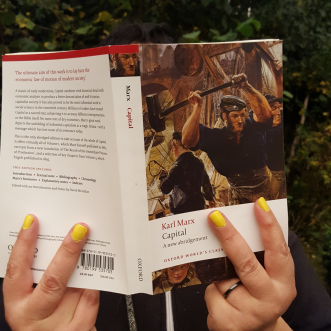
Even if you’re sure you’ll disagree, it’s worth reading Marx’s ‘Capital‘. Especially if you’re a small business owner.
As an explanation of how ‘the system’ works, its far more enlightening than anything I was taught at London Business School.
I’m also pretty sure that most of the people who attend the World Economic Forum at Davos have read it, and use that knowledge to their advantage.
Knowing Marx won’t hurt you, The least that will happen is that you have another lens to see things through.
Discipline makes Daring possible.
PS Even better read in conjunction with Professor David Harvey’s ‘Companion to Marx’s Capital‘, or with his open lecture series at The People’s Forum in New York City.
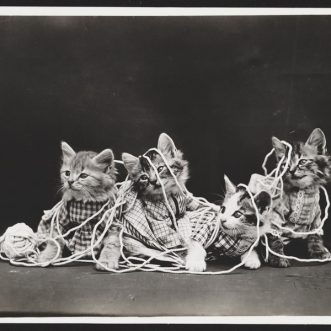
Apparently, feeling connected to other people is beneficial to humans.
Perhaps it comes from the fact that at a quantum level everything is entangled. Connection and interdependence is the natural state of things.
Connection makes us healthier and happier. It also makes us powerful.
Doesn’t that feel good?
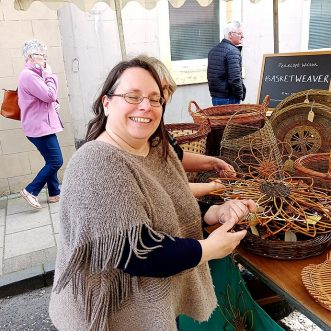
Lifestyle businesses get a bad rap. As if they are not serious. As if they are not real businesses.
In a ‘lifestyle’ business, people make things, or offer their services, for money, that they then use to buy other things which support and enhance their lifestyle – including keeping the business going.
In a ‘proper’ (i.e. capitalist) business, people put money into ventures that will make them more money, that they then use to put into either the same venture or others, that will make them more money. Sometimes the venture is making things that enhance lifestyles, but it doesn’t really matter what it is (smoking, sugary food, addictive medicines) as long as it turns money into more money. Capitalist business is how we’ve got to the mess we’re in.
But it’s lifestyle businesses that get a bad rap.
When in fact they are the original (and best) business type.
They don’t even have to be small. A lifestyle business can support hundreds of people, maybe even thousands.
The point is that they are about life, not money.
Let’s have more lifestyle businesses, I say.
And let’s make them even easier to run for their owners, so they can get bigger and last longer without turning capitalist.
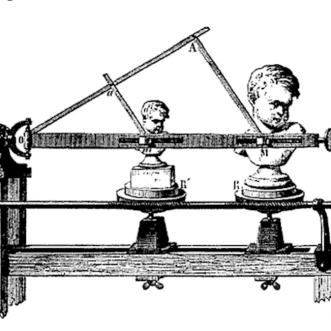
The reason why voter ID is such a bad idea, is that any physical object capable of serving as a ‘unique identifier’ can by definition be forged. If the technology exists to create it, the technology exists to forge it.
The same is true of a physical product or service. Almost anything about it that you can consider as ‘unique’ can be copied, reverse-engineered or reproduced by someone else.
And will be if you are successful.
The processes around your product are harder to copy, but not impossible. Otherwise franchises wouldn’t exist.
But the values, emotional labour and personality you put into making and keeping the promises around your product or service are uncopiable. Especially if you allow everyone in your team to bring their own self to bear too.
Consistency, not uniformity, is what you’re after.
That’s what makes scaling safe.
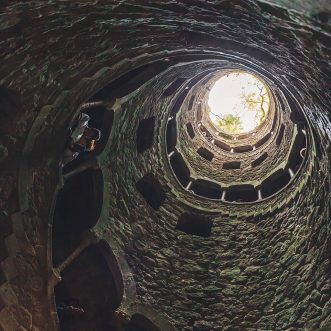
“The ultimate, hidden truth of the world is that it is something that we make and could just as easily make differently.” David Graeber.
Somewhere back in the 15th century, probably unintentionally, we remade our world, creating a system we now call capitalism.
This system is so good at reproducing itself it now includes everyone and everything on Earth – and even beyond. Whether they like it or not.
We’ve trapped ourselves inside a system that is good for some, very bad for others and terrible for our planet.
It wasn’t always this way. It doesn’t have to stay this way. We can change the system.
But how? Especially when the people at the top are those that benefit most?
Our small businesses are worlds we make and can easily remake.
Why not start there? Build a tiny version of the kind of world you’d like to see: democratic, participatory, responsibly autonomous, humane, non-extractive. Liberating.
Bottom up, inside out.
Until one day, we are the new system.